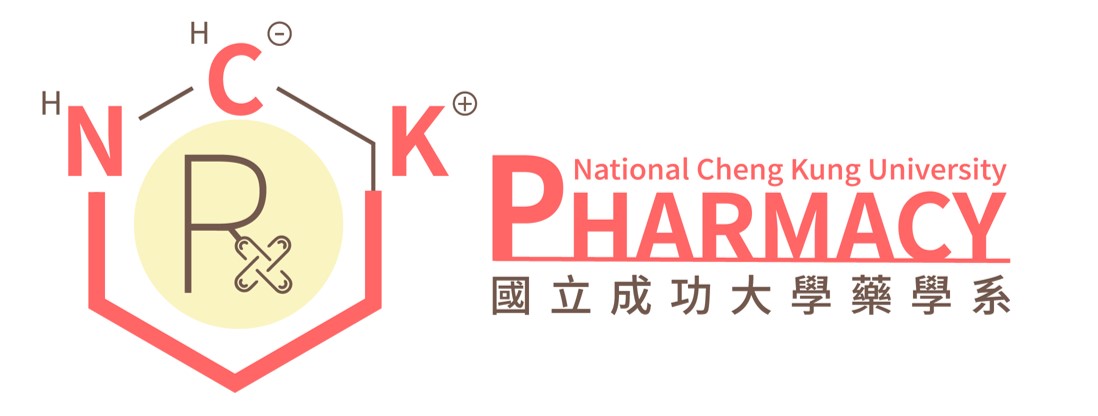Search
Prospects in Pharmacy
|
The primary goal of pharmacy education is to cultivate professionals capable of providing pharmaceutical services and engaging in research and development within the pharmaceutical industry, all of which are essential for public health. In addition to theoretical knowledge, pharmacy curricula must incorporate practical learning through clinical care and industry practice to develop the professional skills required for employment. This practical experience, mentored by clinical and industry professionals, is crucial for fostering an ethical and intellectually well-rounded attitude and value system in students. The traditional four-year program is constrained by time, tends to focus heavily on lecture-based courses, and often provides insufficient professional skills training to meet the demands of the workplace. The extended six-year program will strengthen courses related to pharmaceutical practice and the manufacturing industry and enrich the learning of professional experience, thereby enabling students to become fully competent pharmacy professionals.
|
|
Pharmaceutical Care
The demand for clinical pharmacists is growing in hospitals, long-term care facilities, and home healthcare settings. Furthermore, prescription dispensing at community pharmacies is becoming a widespread trend, and the market for over-the-counter and health products is continuously expanding. As a result, the pharmacist's role as a professional consultant will become increasingly vital.
Pharmaceutical DevelopmentDeveloping the biotechnology and pharmaceutical industry is a global policy trend, which also benefits the overseas expansion of Taiwan's pharmaceutical sector. Consequently, there is a rising demand for qualified pharmacists in related industries and government regulatory bodies. |



